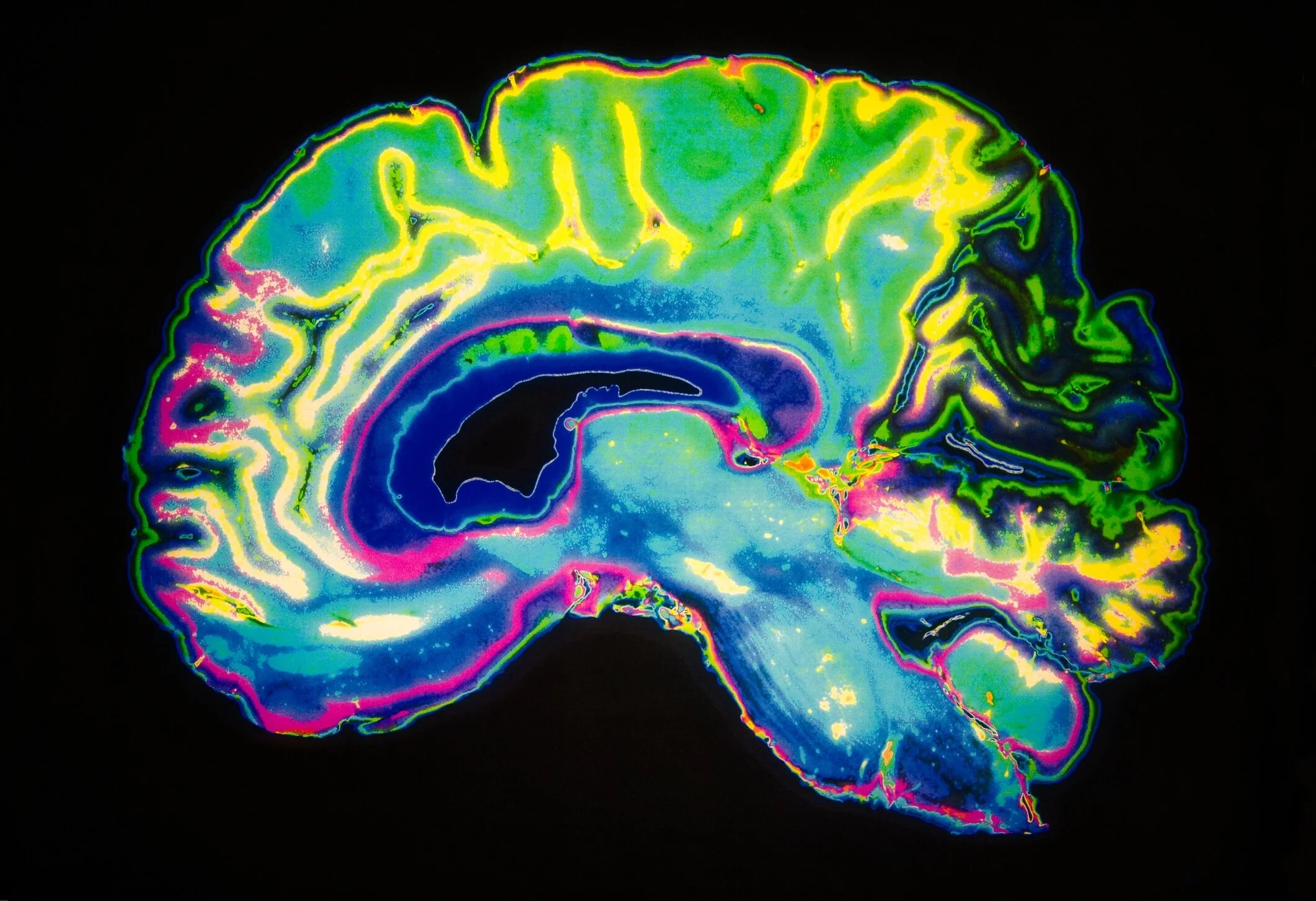Loneliness has become a more visible problem over the past few years. A group of researchers recognized the importance of studying how isolation influences our brain. They discovered that there are some distinctive discrepancies visible in the brains of lonely people.
Image Credit: fizkes via Shutterstock / HDR tune by Universal-Sci
In their study, the scientists collected MRI data in combination with psychological self-evaluations and genetic data of an extensive group of people consisting of 40,000 volunteers. Subsequently, the team picked out the people that indicated that they frequently felt lonely and compared them with those that didn't.
Interestingly, the analysis revealed various discrepancies between the two groups. It turns out that the so-called default network (a set of brain regions involved in personal thoughts such as future planning, recollections, and thinking about others) contains certain prominences in the brains of people that consider themselves lonely.
For one thing, the amount of grey matter and the number of connections was more extensive in this region. Loneliness was also associated with differences in the fornix: a bundle of nerve fibers that transmits signals from the hippocampus to the default network. In lonely people, this fiber tract structure had improved preservation compared to the group that considered itself less lonely.
Loneliness has become more apparent in times of social distancing and lockdowns - Image Credit: Maridav via Shutterstock / HDR tune by Universal-Sci
The default network is employed when we think about hypotheticals in the present, visualize the future or recall the past. Remarkably, the structure and function of this network are decidedly correlated with loneliness. One possible explanation might that people that consider themselves lonely people more frequently use their imagination, consider the future in an attempt to conquer their lack of social contact, or recall memories of the past.
Nathan Spreng, lead author and associated with McGill University, explained in a press release that, in the absence of desired social experiences, lonely people might be leaning in the direction of internally-directed thoughts like remembering past events or visualizing social experiences. It is known that those cognitive skills are mediated by the aforementioned default network brain regions. Consequently, this increased emphasis on self-reflection and potentially imagined social experiences would naturally occupy the default network's memory-based functions.
According to Danilo Bzdok, senior author of the paper, scientists are just starting to comprehend the effects of loneliness on our brain. Increasing our understanding in this field will help create a greater appreciation of the need to mitigate loneliness in society.
Studies show that Lonely older people are at risk of accelerated cognitive decline - Image Credit: Eduardo Regueiro via Shutterstock / HDR tune by Universal-Sci
Past studies revealed that older adults that encounter loneliness are exposed to an increased risk of dementia and cognitive deterioration. As a result, it is recognized as a significant health issue. One part of solving the problem is generating a better understanding of how loneliness reveals itself in the brain that can eventually aid in improving treatments. Let us hope that further steps can be taken soon.
If you are interested in a more detailed view of the study, consider reading the study listed below.
Further reading:
http://dx.doi.org/10.1038/s41467-020-20039-w (related study)
The brain's default network: updated anatomy, physiology and evolving insights (nature reviews neuroscience)
FEATURED ARTICLES:
If you enjoy our selection of content please consider following Universal-Sci on social media












